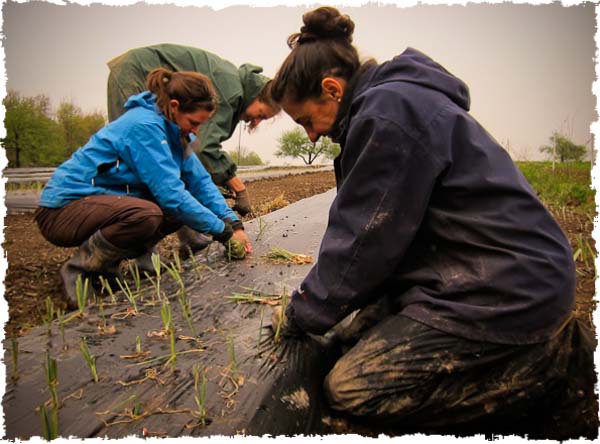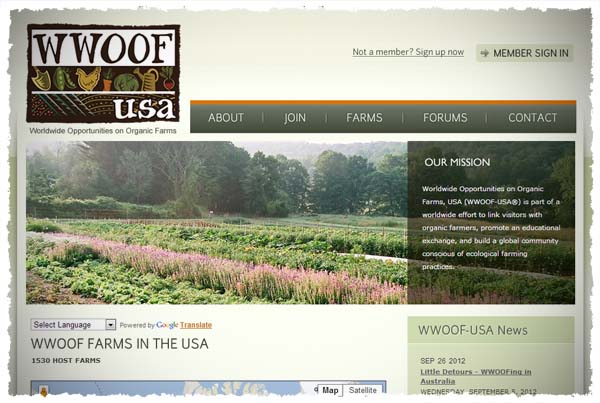Why get into pastured poultry farming?
/It was an emotional roller coaster this morning over my AM cup of coffee. It started with revisiting a state of depression that almost sent me sulking on the couch for the rest of the day, and ended on news so great that I did a complete 180 and shed a few happy tears. In one morning I felt the range of emotions that started me in chicken farming in the first place.
I started farming because I wanted to be a part of the alternative to our conventional agricultural system here in the United States. Once I became focused on my own nutrition I realized that we are producing calories but not food. We have a lot of things that look like food, but are so void of nutrition that diabetes, heart disease, and other food-related illnesses are now common place.
Put aside nutrition for a second and think about the farmers producing this food. I don't believe that there are evil farmers. No one gets into farming to treat animals inhumanely or to pour chemicals on the ground. Generally folks get into agriculture because they grew up with it or answered a call back to the earth (or both).
The Sad
This morning two things I enjoy aligned to bring me the video I am about to show you. Part of my morning routine is to check YouTube for new videos from the channels I subscribe to. Part of my evenings are to watch Last Week Tonight with John Oliver on HBO.
Even though HBO is a paid subscription, Mr. Oliver puts many of his segments on his YouTube channel. This morning I came across an old segment on poultry farming.
That was the low point. Imagine waking up to watch something that intense. Yeah, sad morning coffee. But then this happened:
The Glad
With a little extra gloom in my heart I left YouTube for the vast unknown, my email inbox. You just never know what might be lurking in there. A recent email caught my eye, so for once in my life I opened an email.
The email was from Rhonda Tomko of TBS Micro Farm in Southern New Jersey. Rhonda did not write in asking for me to solve something for her, she wrote in having solved a problem herself, she just wanted to make sure I was OK with her using my content.
Backstory
Rhonda has chosen agriculture as a second career. Second, third, or fourth, it doesn't matter. The point is she left a desk job to pursue a life connected to her food.
In her area of Southern New Jersey there are no options that she can find for processing pastured poultry. No State inspected facilities, no USDA facilities, there was nothing for her to use. So, she took matters into her own hands.
Rhonda is launching her own mobile poultry processing facility this April 2017. Like a good business person she's not only working on setting up her facility, but she's already starting to market to potential customers.
This April Tree By Springs Micro Farm is launching its' poultry processing facility. You can see Rhonda's advertisement for whether or not pastured poultry is profitable by clicking on the picture above or on this link. For information on her fee structure click here.
The Takeaway
This morning was a win for me on a couple levels. I have specialized in chickens because I like chickens, and I don't like the way they are being raised in the United States. While I am doing what I can to fight the system I don't think about it every single day. After all, I have a life to live.
To be reminded of how bad our food system is can be a downer. My momentary sadness was replaced by the joy in knowing that I am doing all I can to fix what I see as wrong.
Then to get such a lovely email as the one that I got from Rhonda just made my day. Here's someone I never met in person, working for the same change I want to see in the world.
The whole purpose of publishing information on Farm Marketing Solutions is to have other people learn from my successes and failures and build on what I have done. "Standing on the shoulders of giants" as the phrase goes.
I am standing on the shoulders of people like Joel Salatin, Jeff Mattocks, Harvey Ussery, and all the folks involved with APPPA. My hope, as I get better at sharing information, is that you reading this, you, go out and take action like Rhonda. Not just talk about it, not just start a food-related Instagram feed, but to go actually take action toward a better food system.
Want to get started with pastured poultry farming?
Chicken Tractor Plans
Build a chicken tractor to raise broiler chickens on grass. Raising a chicken on grass gives them a healthier life, makes for tastier meat, and works toward a better food system.
Pastured Poultry Packet
Make sure raising chickens is going to work for you. I will not sell you on whether broiler chickens are going to make financial sense for you. I will however show you how to define your own number.
Through PPP#1 you will calculate your start up costs and determine how much it will cost you to raise each chicken. Use these numbers to plan your farm or refine your operation going forward.



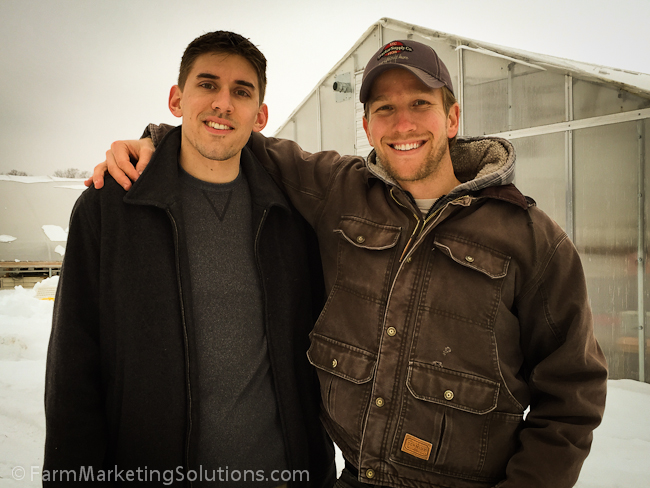

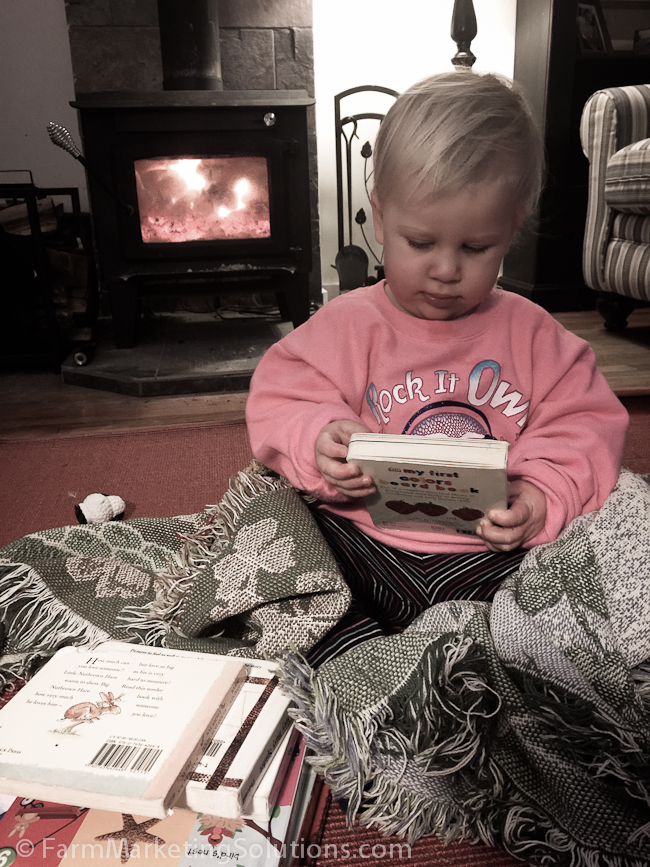 As quasi-hippy parents raising our daughter Mabel, Kate and I don't allow much TV in the house. Coming from a television production background myself, I don't think all TV is bad, just a lot of it. If we're going to let Mae watch TV it is going to be one of two shows,
As quasi-hippy parents raising our daughter Mabel, Kate and I don't allow much TV in the house. Coming from a television production background myself, I don't think all TV is bad, just a lot of it. If we're going to let Mae watch TV it is going to be one of two shows, 



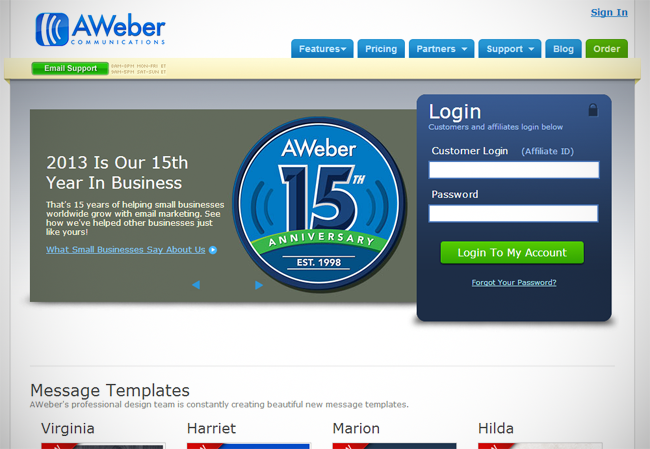
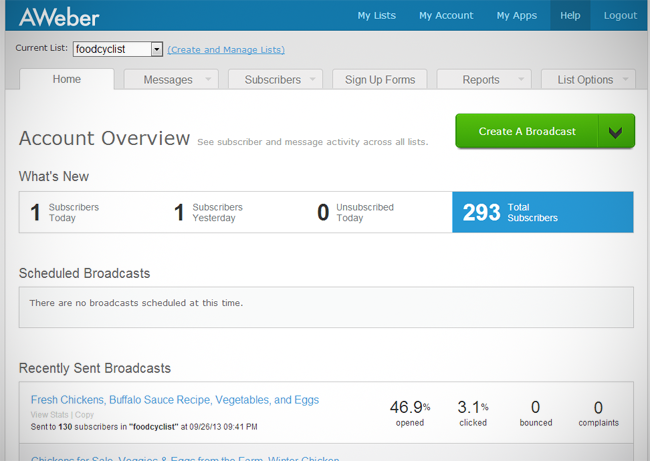


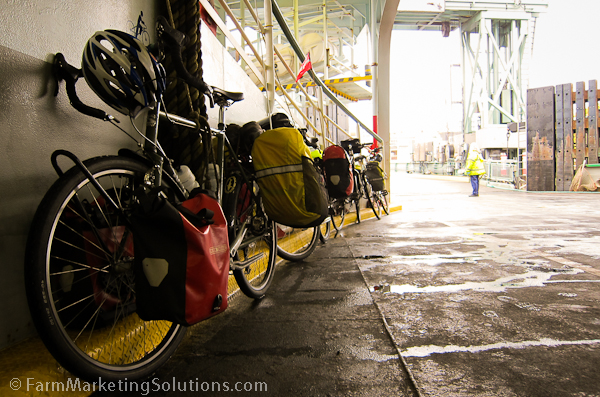


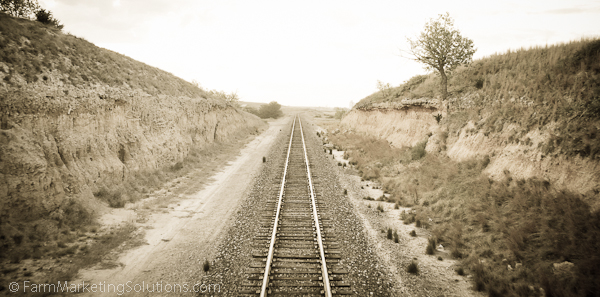
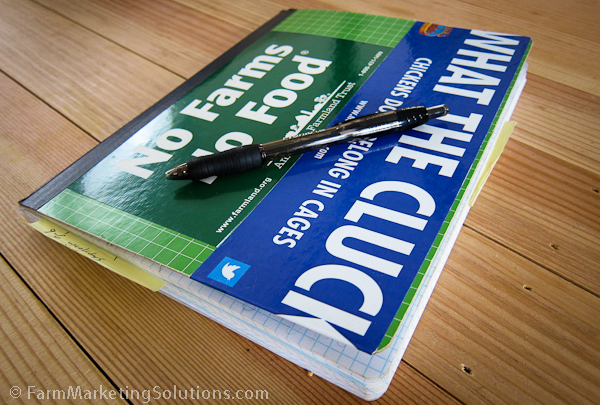
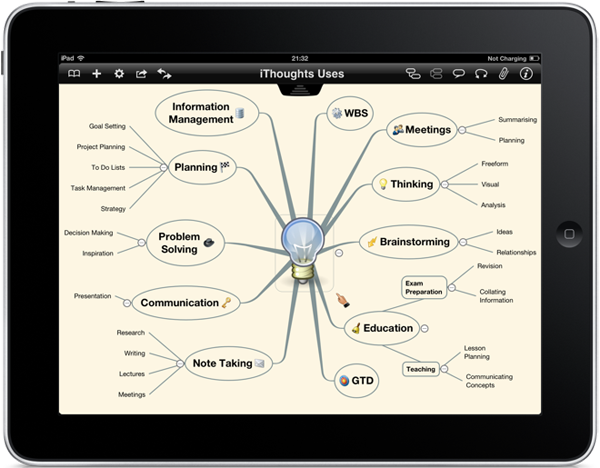
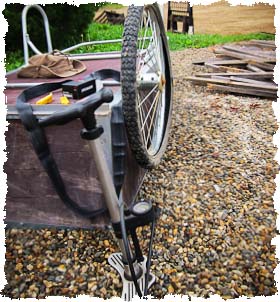 Farming is a trade just like plumbing, carpentry, or electrical. Just like any trade there is trade school, apprenticeship requirements, and a steep learning curve. Your farm apprenticeship is the next step to either realizing your dream of becoming a farmer, or realizing that this may not be for you.
Farming is a trade just like plumbing, carpentry, or electrical. Just like any trade there is trade school, apprenticeship requirements, and a steep learning curve. Your farm apprenticeship is the next step to either realizing your dream of becoming a farmer, or realizing that this may not be for you.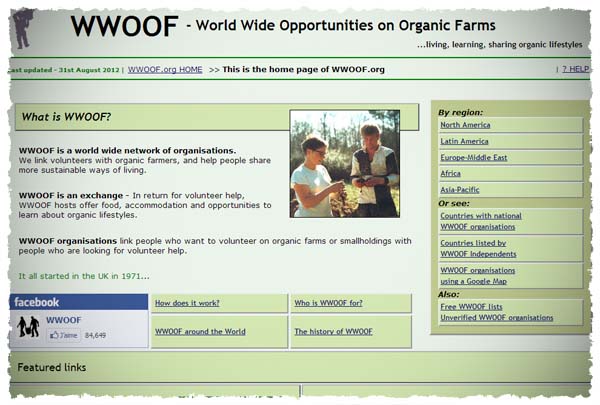
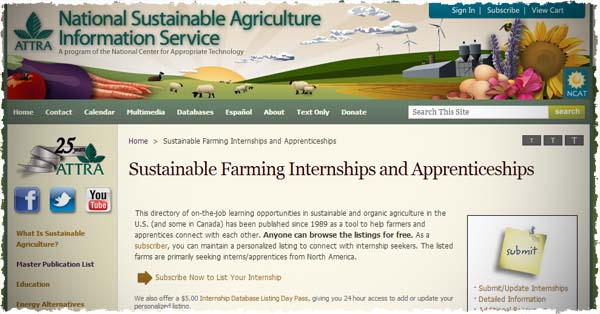
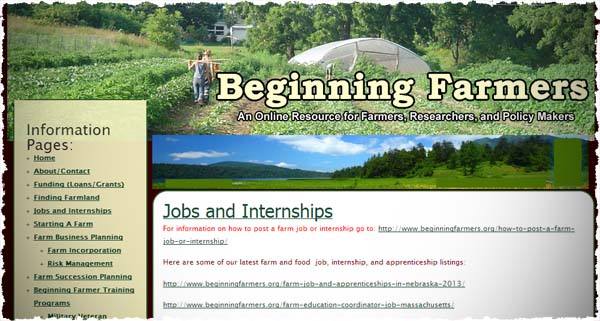
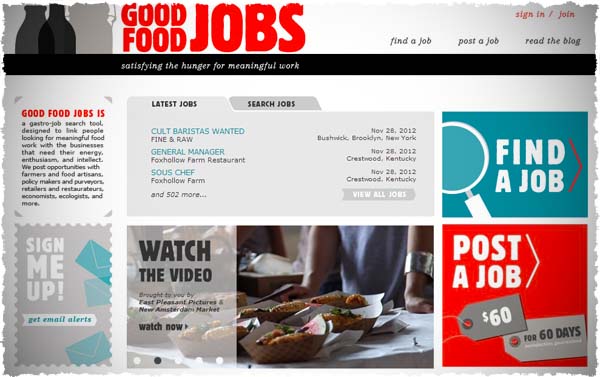
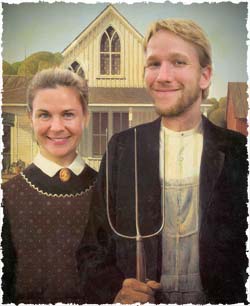 Nothing good comes easy, and I am proving that constantly. Finding not only the right farm, but a farm that would take a married couple was no small feat. While exciting and fun, it was also frustrating at times. I did not keep track of the hours that Kate and I spent looking, but we were determined to find the right farm.
Nothing good comes easy, and I am proving that constantly. Finding not only the right farm, but a farm that would take a married couple was no small feat. While exciting and fun, it was also frustrating at times. I did not keep track of the hours that Kate and I spent looking, but we were determined to find the right farm.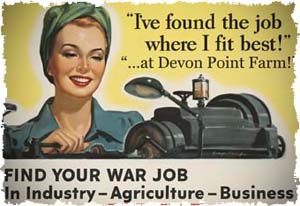 I wrote e-mails convincing them we were awesome. I even went so far as to Photoshop WWII propaganda. We had an in person interview which took half a day, after which they were still not sold on the idea of a married couple.
I wrote e-mails convincing them we were awesome. I even went so far as to Photoshop WWII propaganda. We had an in person interview which took half a day, after which they were still not sold on the idea of a married couple.